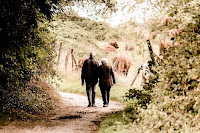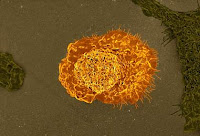
PBM Immune Cells Clear Brain Waste
Immune cells work to remove toxic compounds that build up in the brain, including amyloid beta plaques associated with Alzheimer’s, according to a mouse study funded by the National Institutes of Health.

Immune cells work to remove toxic compounds that build up in the brain, including amyloid beta plaques associated with Alzheimer’s, according to a mouse study funded by the National Institutes of Health.
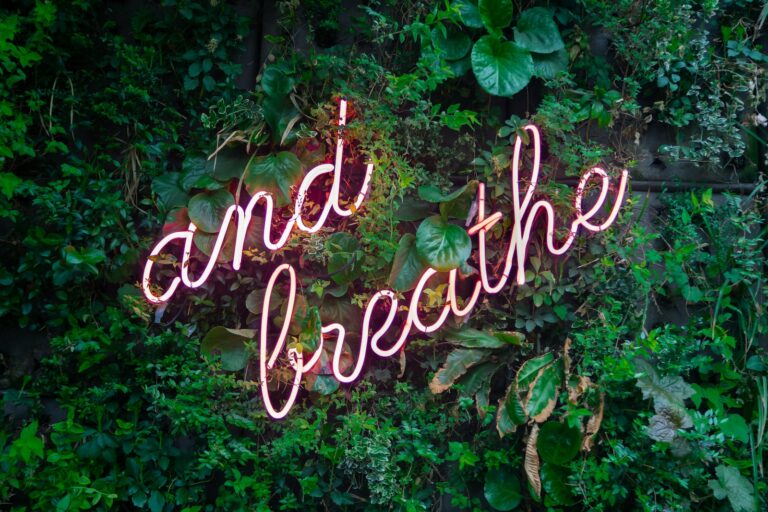
What if prevention of Alzheimer’s were as simple as controlling your breathing? Researchers at the University of California are exploring this question.

Harvard’s Dr. Rudolph Tanzi is edging Alzheimer’s research forward with a string of breakthroughs. He’s one of today’s most talked-about Alzheimer’s researchers. Watch Rudy Tanzi talk about the inspiration for his life’s work.
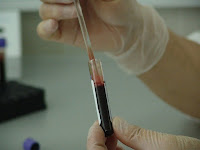
An Alzheimer’s blood test that works before symptoms appear can clear up doubts about memory problems. It can tell the difference between subjective memory problems, such as normal side-effects of aging, versus warning signs of Alzheimer’s.

About 1.8% of U.S. dementia cases were associated with visual impairment, according to federally-funded research
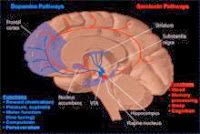
Doctors routinely diagnose and track dementia. “Neuropsychological tests” are non-invasive, using interviews or paper/pen tests. More invasive diagnostics include powerful MRI and PET scans.
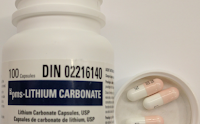
A study at McGill University shows that lithium given in micro doses may be capable of both halting signs of advanced Alzheimer’s pathology and recovering lost cognitive abilities.

Some Alzheimer’s tests cost thousands of dollars, some cost pennies. The trick is using the right tests at the right time for the right person. An excellent scoring system from Mayo Clinic offers a powerful tool for making the best choices.

A doctor who specializes in geriatric medicine explains how hearing devices can be helpful in preventing long-term cognitive decline.

80% fewer skin-cancer patients get Alzheimer’s. Why? Is it the medicines they take, their genes, or are they more prone to sunshine, activity or healthier eating?

BRAIN-HEALTHY RECIPE: Ring in the New Year in style and moderation with this tantalizing sangria.

DIAGNOSIS VIDEO: As we age, we change. Learn to spot changes that are Alzheimer’s warning signs, versus changes that just mean a person is aging nicely.

Ever walk into a room with some purpose in mind, only to forget what it was? It turns out, doors themselves are to blame for these strange memory lapses. Can this contribute to dementia’s wandering, confusion and problems with traveling?

Too much sleep and too little sleep can contribute to cognitive decline, researchers report. Learn more.
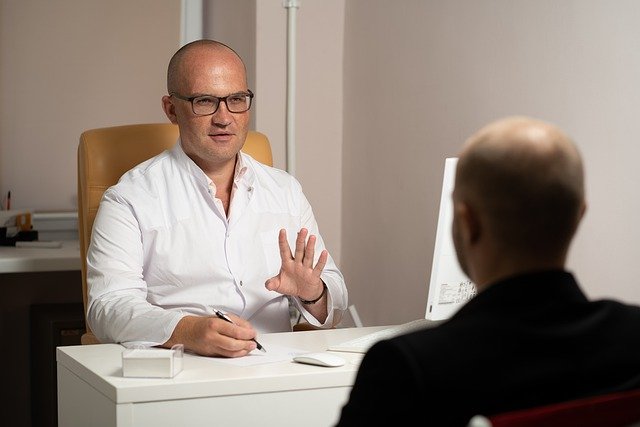
People with dementia who were consistently seen by the same General Practitioner (GP) are given fewer medicines and are less likely to be given medicines that can cause problems, according to researchers at University of Exeter. Learn more.

A deep promise to be there for an Alzheimer’s parent, this heartwarming song was written as a tribute to families facing dementia.

Amyloid is one of the leading culprits behind Alzheimer’s. Scientists know it damages memory by killing brain cells. Now research reveals how amyloid triggers memory loss in perfectly healthy brain cells as well. Learn more about how Alzheimer’s develops.
No spam, only news and updates.

